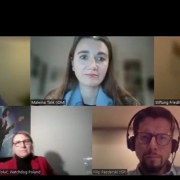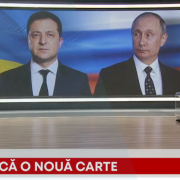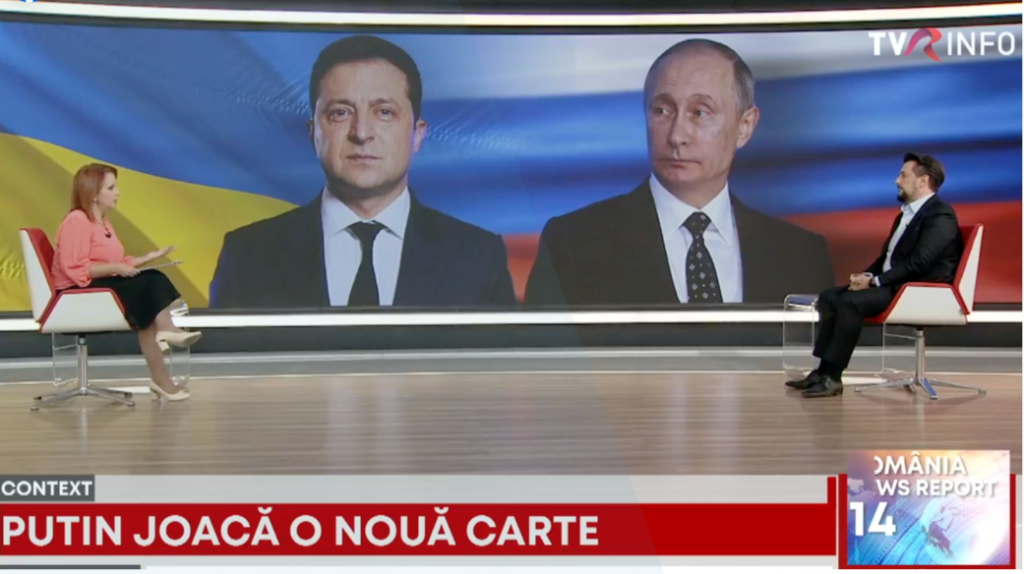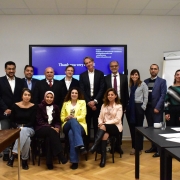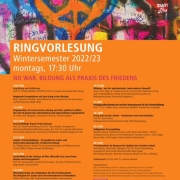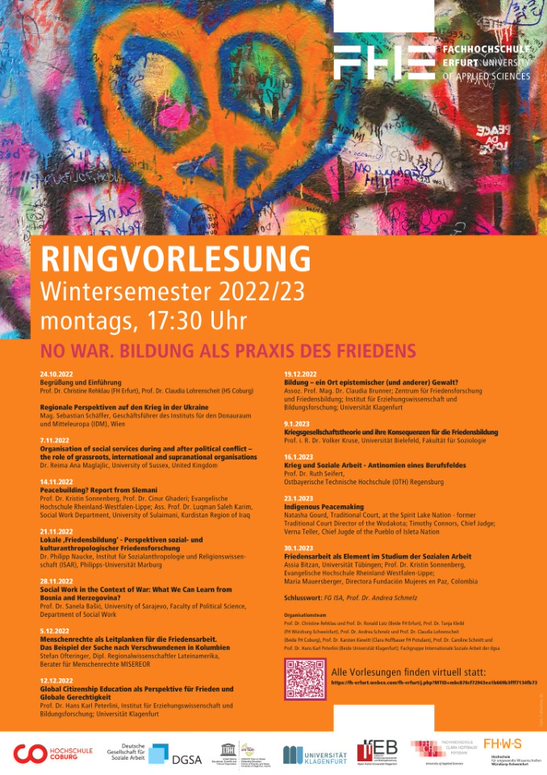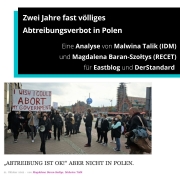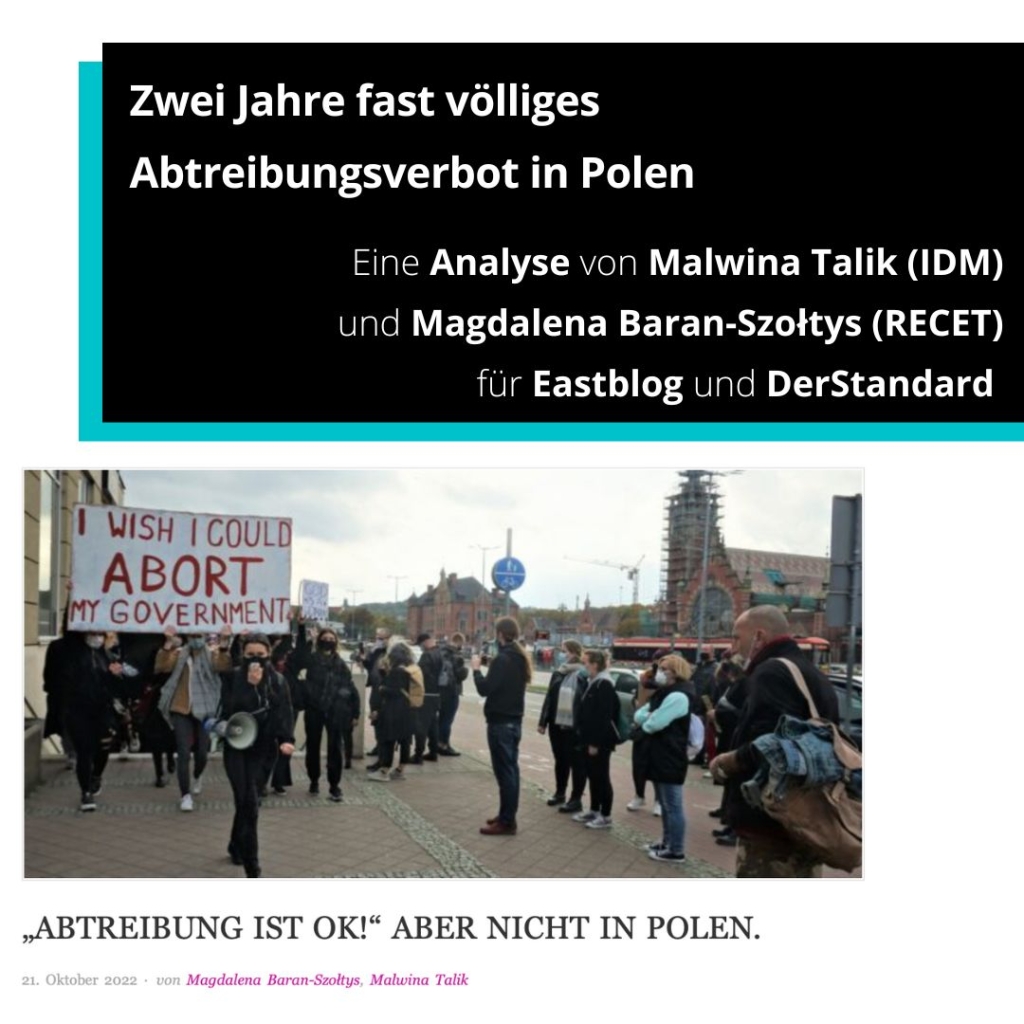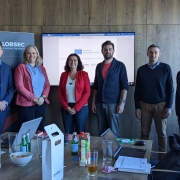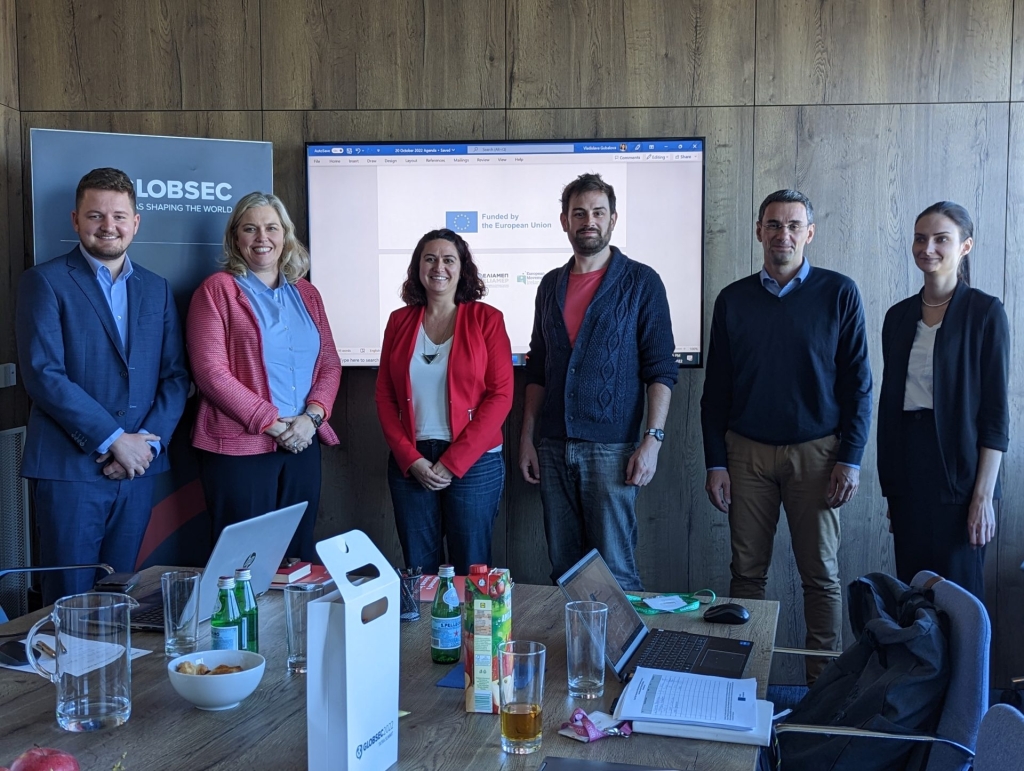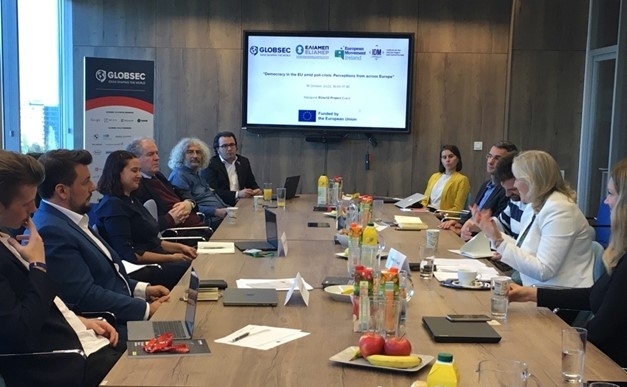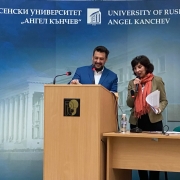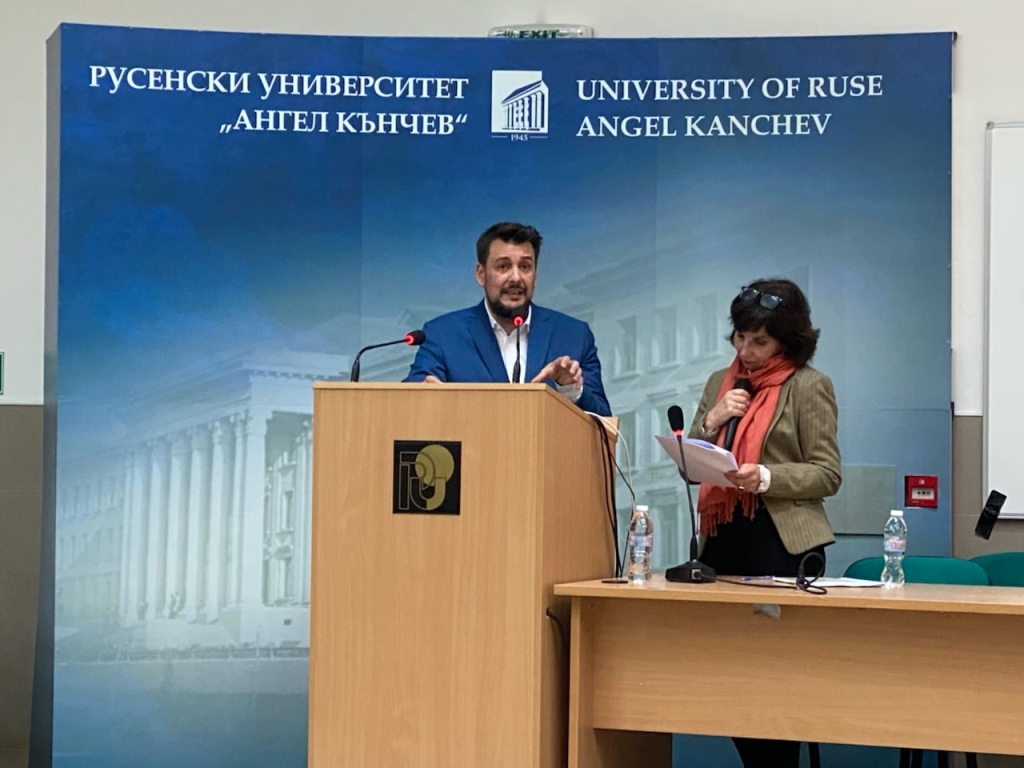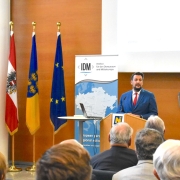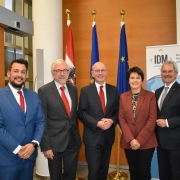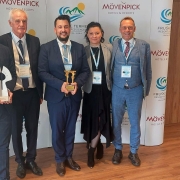Revolutionale Talks (Leipzig): Malwina Talik at the panel discussion about democracy, the rule of law and culture of memory in Poland
Free elections, freedom of the press and the rule of law were hard-won in Poland in the 1980s. In recent years, the country has repeatedly come under international criticism for dismantling the rule of law. How are the hard-won democratic freedoms of that time remembered today and are they currently in danger? What about the democratic and political awareness of Polish civil society and the culture of remembrance in Poland?
Those were the core issues discussed during the third Revolutionale Talk (Leipzig): “Democracy in danger?! Developments in Rule of Law and Civil Society” on 3 November 2022 with Katarzyna Batko-Tołuć (Member of the Board at Watchdog Poland), Dr. Jacek Kołtan (Director’s Representative for Research at the European Solidarity Centre), Filip Pazderski (Senior Policy Analyst and Director of the Democracy and Civil Society Program of the Institute of Public Affairs ) and our colleague Malwina Talik (Research Associate at the Institute for the Danube Region and Central Europe).
You will find more information about the event here.
You can watch the discussion on the YouTube channel of the Revolutionale:
This could be of interest to you:
Revolutionale Talk 1: Conflicted Memory in Bosnia and Herzegovina
Revolutionale Talk 2: Burdened Memory: The State of Culture of Remembrance in Hungary

